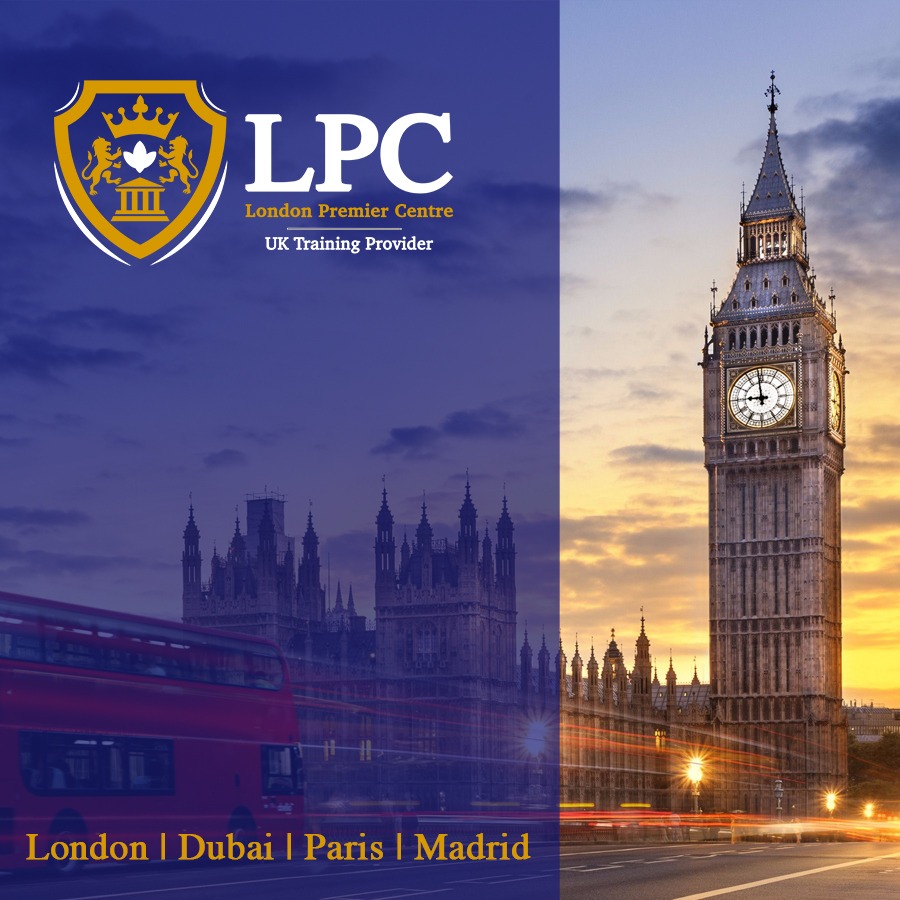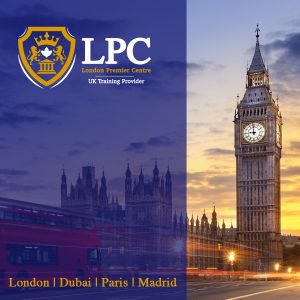Overview
Discover what it takes to work in a medical lab and support the development of modern medicine with the Medical Lab Technician Course. This course is ideal for those who have a science background and want to develop practical knowledge for a career in this field.
As a medical lab technician, key responsibilities include assisting scientists in laboratory-based investigations, ensuring medical equipment is safely maintained, and performing tests for scientific research. This lab technician training program will explore these duties in detail, with an insight into the day-to-day tasks of a medical lab technician and medical lab technologist. You will gain an in-depth understanding of medical laboratory services, policies and procedures, how to work safely with medical instruments, and much more.
Who is this course for?
Medical Lab Technician Course is suitable for anyone who want to gain extensive knowledge, potential experience and professional skills in the related field.
Learning Objectives:
– Understand the role and responsibilities of a medical lab technician
– Broaden your knowledge of clinical lab services
– Familiarise with lab safety rules, policies, and procedures
– Learn how to handle laboratory wares, instruments and equipment professionally
– Explore methods for sterilising and disinfecting surfaces and clinical tools
– Gain a solid understanding of lab health and safety rules
– Learn techniques for performing quality assurance and know what tools are required
– Develop the core skills and practical knowledge to fast track your career
Description
Course Curriculum
What will you learn in this Medical Lab Technician Course
Day 1: Introduction to Laboratory Technician
• What is a laboratory
• Who are Laboratory Technicians
• History of medical laboratory science
• Classification of medical laboratories
• Structure of medical laboratory services
• Major roles of a medical laboratory technologist
• Different types of rules of medical laboratory
• The importance of the standardization for the presentation of reports and use of units
• Professional code of conduct and ethics
Day 3: Laboratory Policies
• Laboratory hour and emergency work
• The range of tests to be performed and those to be referred to a higher level
• Collection of laboratory specimen
• Workload capacity of a laboratory
Day 4: Solutions Used in Medical Laboratory
• Different types of solutions used in medical laboratory
• Classification of standard solutions
• Expressing the concentration of solutions
• Diluting body fluids and calculating dilutions
• And much more
Day 5: Laboratory Wares
• Laboratory glasswares
• The classification of pipettes
• Different types of flasks
• Laboratory cuvettes (absorption cells)
• And much more
Day 6: Laboratory Instruments
• Different types of laboratory instruments
• Beer’s and Lambert’s Law
• Theory of absorptiometry
• Instruments and materials used for pH determination
• Instruments for purifying water
• Resolving power of the microscope
Day 7: Sterilization and Disinfection
• The process of sterilization
• Dry heat
• Moist heat
• Steam under pressure (autoclave)
• Types of autoclaves
• Disinfection and decontamination of laboratory wastes
• Decontamination using chemical disinfectants
• Decontamination of laboratory space
Day 8: Laboratory Accidents and Safety
• Laboratory hazards and accidents
• The main hazards and accidents associated with laboratory work
• Factors contributing to laboratory accidents
• First aid for laboratory hazards
• Safe use and storage of chemicals and reagents
Day 9: Quality Assurance
• The importance of quality assurance
• Types and causes of errors in medical laboratories
• The steps of the quality assurance program
• And much more
Day 10: Glossary
• Different types of glossary used in the medical laboratory

